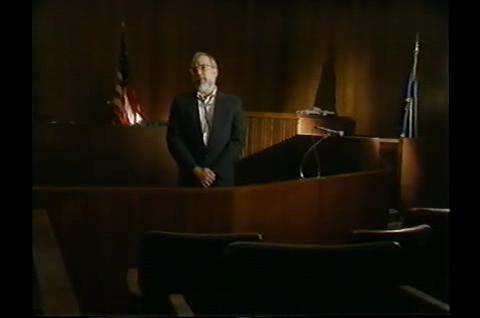AADP Media Archive
Return to this page often to check for our most recent selection of videos and news articles that discuss the history of the Death Penalty in Alaska as well as throughout the nation.
Moore Up North
These 5 YouTube videos from the Moore up North Program show interviews with Curtis McCarthy, Rich Curtner, Susan Orlansky and Bill Pelke.Watch Part 2
Watch Part 3
Watch Part 4
Watch Part 5




